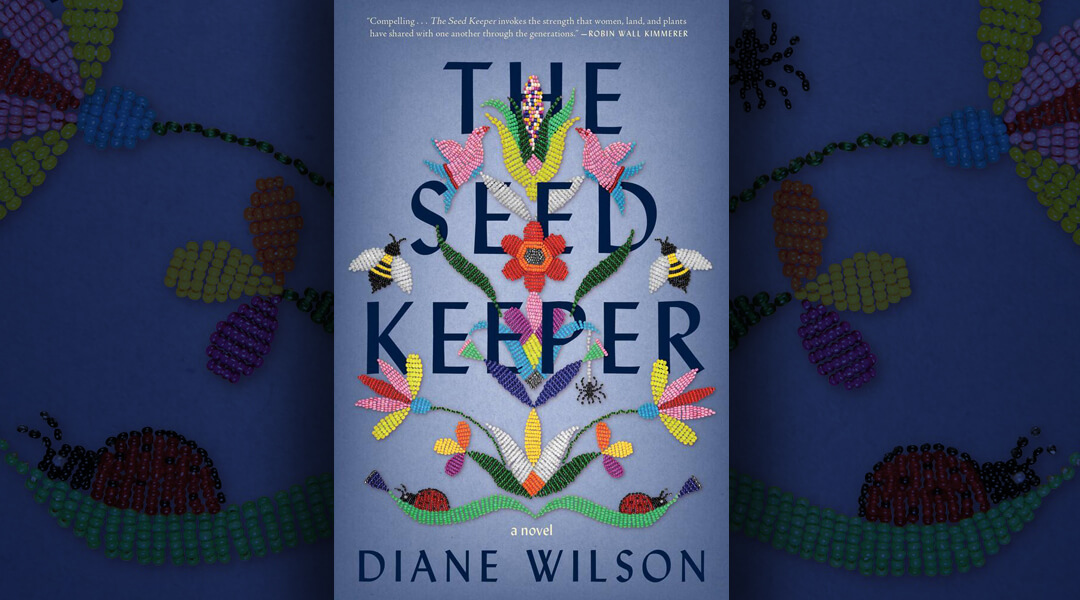Join the Virtual Book Club this July for a book discussion about The Seed Keeper by Diane Wilson. A haunting novel spanning several generations, The Seed Keeper follows a Dakhóta family’s struggle to preserve their way of life, their connection to the land, and their sacrifices to protect what matters most. We will meet on Thursday, July 21st from 5:30-6:30 on Zoom. You can register for the discussion on our event page to receive the link for the discussion.
Copies of the book are available from the library through the catalog, Libby (eBook) or Hoopla (eBook and eAudiobook).
Notable Book Reviews
Booklist gave The Seed Keeper a starred review, writing that “through the voices of other women from past and present, Wilson deepens the reader’s understanding of what loss of language and culture has done to Indigenous people”. Publishers Weekly praised Wilson’s “finely wrought descriptions of the natural world, as the voice of the seeds provides connective threads to the stories of her people.” They note that “this powerful work achieves a deep resonance often lacking from activist novels, and makes a powerful statement along the way.”
The Seed Keeper was chosen as a state selection for South Dakota in NPR’s article “Traveling this summer? Here are book picks for all 50 states.” To read about Diane Wilson’s intentions in writing The Seed Keeper and her belief in the critical importance of heritage seeds, check out this interview with the Navajo-Hopi Observer.
Overview of the Author
Diane Wilson (Dakota) is a writer, speaker, and food sovereignty advocate who has written several books and essays. In addition to being an award-winning author, she has also served as the Executive Director for the Native American Food Sovereignty Alliance. More information about her work and writing can be found on her website.
Readalike Suggestions
Much like The Seed Keeper, the following readalikes attempt to reconcile and overcome the oppressive experiences of indigenous and historically peripheral groups by using their authors authentic voices to bring those experiences, and their consequences, to the forefront.
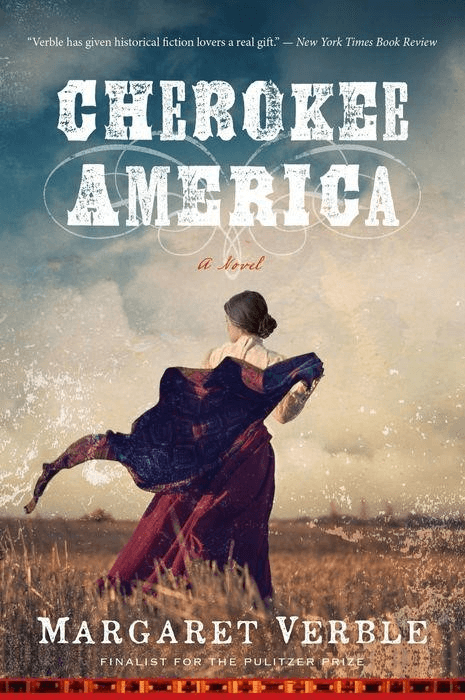
Cherokee America by Margaret Verble, 2019.
Cherokee America Singer, aka Check, is a Cherokee, prosperous landowner, widow, and mother of five sons struggling to keep her family together amid the conflicts between natives and whites in the Indian Territory (Oklahoma) in 1875. When there is a kidnapping and a murder in the community, the investigation reaches Check’s doorstep, and she must take matters into her own hands to try to save her family. This title is available in print, an eBook on Libby and as an eBook or eAudio on Hoopla.
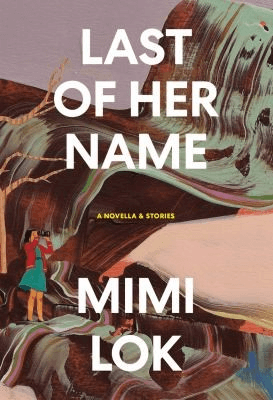
Last of Her Name: A Novella and Stories by Mimi Lok, 2019.
Mimi Lok’s Last of Her Name is an eye-opening story collection about the intimate, interconnected lives of diasporic women and the histories they are born into. Set in ’80s UK suburbia, WWII Hong Kong and contemporary urban California, it offers a meditation on female desire and resilience, family and the nature of memory. This title is available in print from the library catalog.
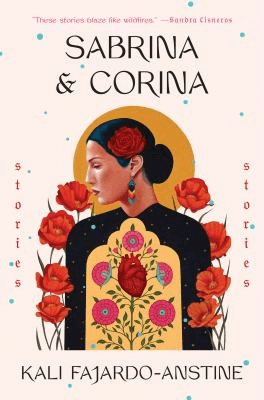
Sabrina and Corina: Stories by Kali Fajardo-Anstine, 2019.
A debut story collection about female relationships and the deep-rooted truths of our homelands features Latina protagonists of indigenous descent who cautiously navigate the violence and changes in a Denver, Colorado community. This title is available in print and as an eBook on Libby.
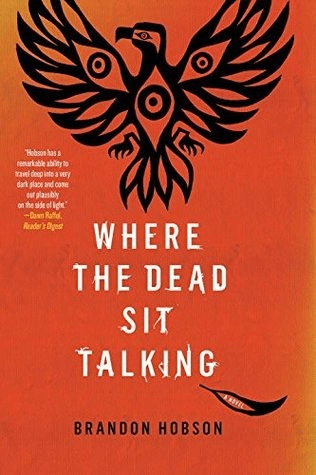
Where the Dead Sit Talking by Brandon Hobson, 2018.
With his mother in jail, Sequoyah, is placed in foster care with the Troutt family. He has spent years mostly keeping to himself, his emotions deep below the surface – until he meets Rosemary, another youth staying with the Troutts. They bond over their shared Native American background and tumultuous paths through the foster care system. A visceral drama about the overlooked lives of those struggling on the periphery of mainstream society. This title is available in print, as an eBook or eAudio on Libby, and as an eAudio on Hoopla.

Whereas: Poems by Layli Long Soldier, 2019.
A member of the Oglala Lakota nation, Layli Long Soldier uses fiercely vibrant language to explore the very concept of language: how tightly it is bound up with culture, how it shifts and defines the speaker. She gives a vivid account of the realities of life as a Native American mother, relating the duplicitous behavior of the U.S. government toward indigenous peoples and how centuries of legal jargon have decimated peoples, their voices, and their languages. This title is available in print and as a eBook on Libby.
Don’t Forget!
You can sign up for a free library card here. If you are new to our eResources, check out these tutorial videos on how to get started. If you have any additional questions, you can contact a librarian through Facebook, Instagram or Twitter. You can also call us at 412.622.3114 or email us at info@carnegielibrary.org.

